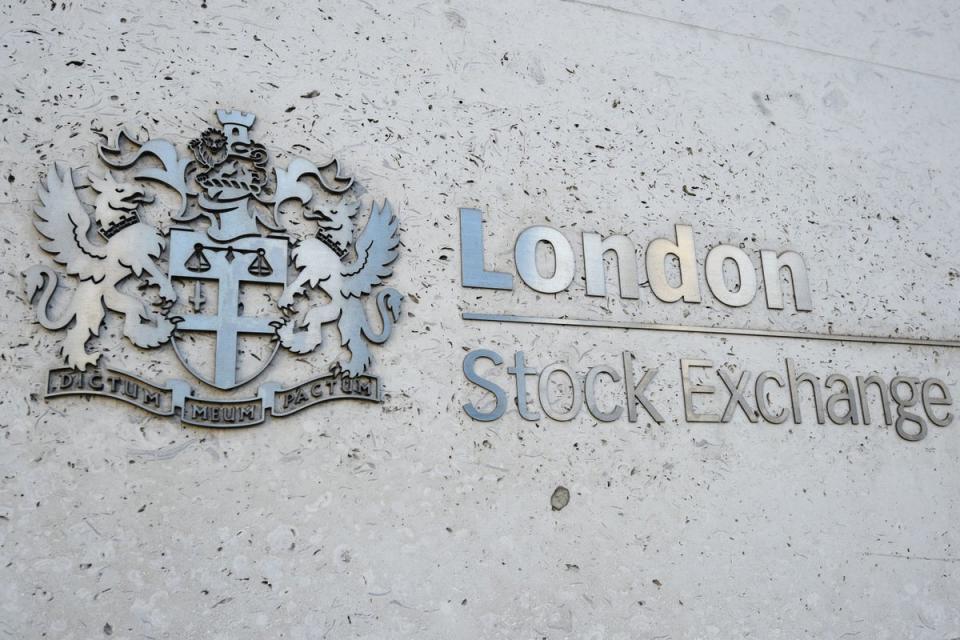John D Rockefeller would have liked the UK stock market

The richest man in history was probably John D Rockefeller, founder of Standard Oil, later broken up into seven smaller companies, one of which is now Exxon Mobil.
At his death, he was worth $700 billion in today’s money.
Elon Musk or Jeff Bezos might top him, but neither plans to die so we may never get a final score.
Both have vainglorious plans for the future – Musk intends to save humanity from itself, Bezos just himself, it seems.
Rockefeller might have been less fun than today’s tycoons. Certainly by the end he was bored, and heard to say: “Do you know the only thing that gives me pleasure? It’s to see my dividends coming in.”
Rockefeller bought shares that paid dividends and sold the losers to offset capital gains tax. It worked.
That plan, enacted in the UK lately, might even have made Rockefeller break a smile.
In the three months to March, London listed shares paid out £12 billion in hard cash to investors, the best for several years, and not bad for a period when the stock market itself was in the doldrums.
Elsewhere in Europe, dividend payments fell.
The flip side of big companies being cautious is that they have had cash they have rightly returned to investors in the form of higher divis and share buy backs.
You don’t have to be an investor solely looking for income to find, as Rockefeller did, something awfully reassuring about the clunk of cash from shares into your bank account.
Now the market for flotations seems to be improving, finally, perhaps we can stop worrying about London’s status as a global financial centre.
Even when the stock market was gloomy, most of the rest of the City functioned fine, and the dividend payouts were a symbol of the inherent sturdiness of most of our big firms.
As someone once said about America, there is nothing much wrong with the City that can’t be fixed by what is right with it.

 Yahoo Finance
Yahoo Finance 